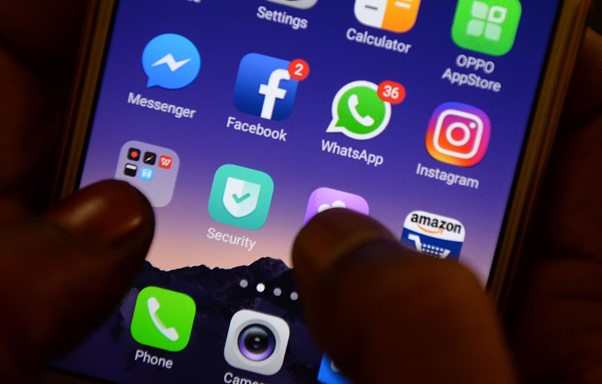Johannesburg, September 7, 2021 (SIGNIS). It is worth clarifying that the earlier understanding of media effects through the passive, “hypodermic needle” theory has given way to the current understanding that individuals are active users with control over choices of media texts. Therefore, friends on social media are at liberty to decide what posts they wish to give attention, like, comment or share.
A new wave of socio-psychological anxiety among young people is being caused by the needless obsession for maximum likes, comments, shares and retweets on social media posts. The growing trend is to consider ‘liking’, ‘commenting’ and ‘sharing’ of posts a duty on the part of everyone who is connected with the one who makes a post. Some tend to effectively sort out people who like and wish them well from perceived haters and ill-wishers based on the twist and turns of traffic around a post. This particular development deserves proper attention in the light of media psychology.
In the world of social media connectivity, what an individual shares with the public and when this is done is usually a subjective judgement. For this reason, it would be strange to expect everyone to like or comment on every post since tastes differ. But when a user is taking part in a contest in which likes and comments would be required to win, the right thing seems to be to launch a campaign and appeal to friends to like, comment and share the post. Desperation for likes and comments on posts could also be revealing some other deep-seated needs. For young people in Africa, the self-esteem factor and the bitter web of the double life are the two areas of interest regarding this issue.
On self-esteem factor, while people, generally, desire positive affirmation, it would be awkward to pointedly compel family and friends to do so. Having an unquenchable appetite for affirmation could be an indication of a lack of positive self-image. Sometimes, attractive clothing could make even a stranger come close and offer a complimentary remark. At other times, people just admire such things from afar; in which case the subject may not be aware. One could be sure that friends would give compliments would be way, while not trusting those who simply might not react, who do not because they bear any grudges. Thus, the feeling that those who do not like or comment on posts do so out of hate or jealousy might sadly affect relationships with persons in real life.
The bitter web: young people in Africa who are involved in online dating are mostly entangled in the double life syndrome. In Nigeria, while many young ladies are caught up in the murky waters of photo-shopped beauty, many young men create an illusion of wealth and the good life around them. There are numerous versions of stories of romantic relationships that bloomed online. They sadly withered shortly after a real-life meeting happened and the fake life was uncovered.
African youth should realise that the virtual world of social media is not exactly the same as the world they feel around them. Trying to determine who approves of a person and the one who does not based on the outcome of social media posts is not only naïve but exposes the ignorance of how the media work. Therefore, adequate media education is necessary to help young Africans get the best out of social media, nay, other communications media.
Ikenna Ekwerike and Innocent Iroaganachi



